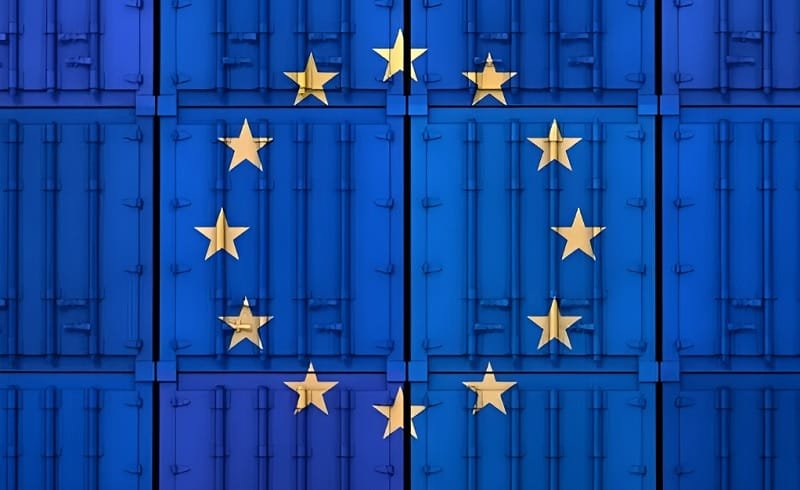In a united call to action, 45 European transport organizations have addressed an open letter to EU Member States, urging national governments and the European Commission to maintain and reinforce a dedicated European transport funding instrument under the upcoming Multi-Annual Financial Framework (MFF).
With crucial discussions on the next MFF approaching, these organizations stress the importance of European coordination in infrastructure development to ensure the smooth functioning of the EU internal market. They argue that a well-funded transport sector is essential for strengthening Europe’s competitiveness, resilience, and military preparedness—key priorities for the EU in the coming years. The recent reports by Mario Draghi and Enrico Letta further emphasize that a robust European transport network is instrumental in driving economic growth, job creation, and regional cohesion.
Table of Contents
Concerns Over Redirection of Transport Funds
The European transport sector has voiced significant concerns over the Commission’s reported plans to redirect a substantial portion of transport funding towards National Single Plans. Ahead of the informal General Affairs Council meeting in Warsaw in two weeks, the transport organizations are urging EU Member States’ General Affairs and Finance Ministers to push back against these changes and advocate for a dedicated European transport budget.
Maintaining a distinct and well-funded transport budget, they argue, is crucial for securing long-term, strategic investments that offer high European added value. A shift towards national allocations, rather than coordinated EU funding, could jeopardize the continent’s ability to develop and sustain critical infrastructure projects that support economic growth and mobility.
Call for European Investment in Transport Resilience
Isabelle Ryckbost, Secretary General of the European Sea Ports Organisation (ESPO), underscored the significance of continued European investment in transport infrastructure.
“It is time we sound the alarm. Transport infrastructure is the backbone of Europe’s internal market and is fundamental in achieving Europe’s key priorities. In deliberations on the future EU budget, we are collectively asking national governments and the European Commission to preserve and further strengthen the European transport budget to support the transport investments that are needed to keep Europe’s economy and society moving and to build the stronger, more resilient, and competitive Europe we need. Ports in Europe are pillars of economic, climate, and geopolitical resilience. To play this important role for Europe, they need Europe to support them. This is to the benefit of each of the Member States,” Ryckbost stated.
Implications for the Bunkering and Maritime Sector: European Transport
The outcome of the MFF negotiations will have direct implications for Europe’s maritime and bunkering industries, which rely on well-developed port infrastructure and seamless transport networks. The ability of ports to facilitate sustainable and efficient fuel logistics, including alternative and low-carbon bunker fuels, depends on continued investments in modernized facilities, digitalization, and environmental sustainability initiatives.
A weakened European transport budget could slow the transition towards cleaner marine fuels and disrupt supply chains critical to maritime operations. Conversely, a strong, dedicated EU transport funding instrument would support ports and shipping stakeholders in maintaining Europe’s position as a global leader in maritime logistics and clean fuel adoption.
The full open letter, including a complete list of signatories, is available through the European transport organizations’ official channels. The sector will closely monitor developments leading up to the Warsaw council meeting, as decisions made in these discussions will shape the future of European transport and maritime infrastructure for years to come.
About The European Sea Ports Organisation (ESPO)
The European Sea Ports Organisation (ESPO) is the principal interface between European seaports and the European institutions, advocating for a clear policy framework that supports sustainable and efficient port operations. ESPO represents over 1,200 ports across 23 EU Member States and Norway, focusing on promoting the interests of its members in Brussels and advancing the role of ports in the European supply chain.
For more information, visit ESPO’s official website or refer to the full Annual Report 2023-2024.

